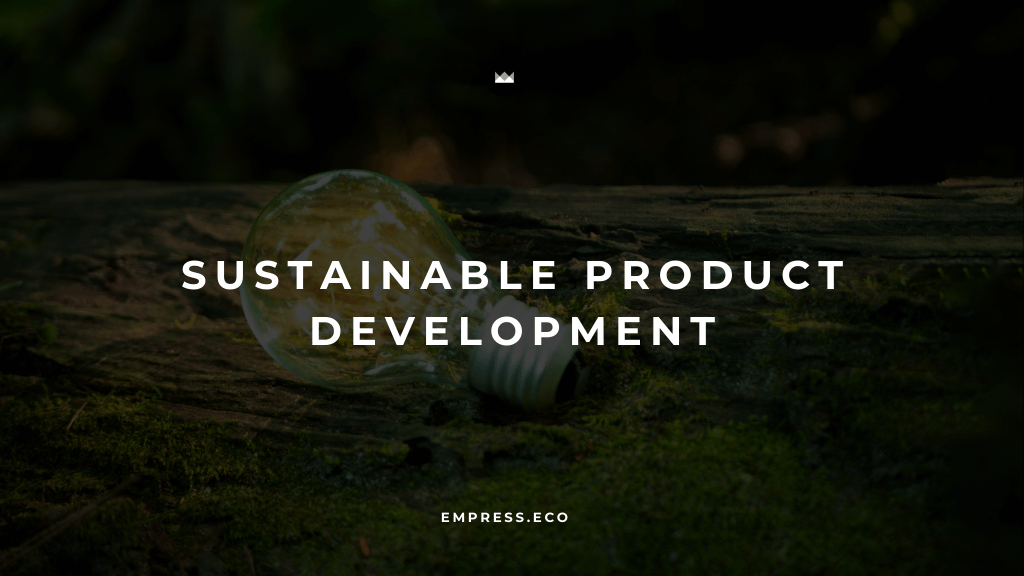Gender equality is a fundamental human right and a cornerstone of sustainable development. Despite significant progress over the past decades, gender disparities persist globally, hindering social and economic progress. Sustainable Development Goal 5 (SDG 5) aims to achieve gender equality and empower all women and girls, recognizing that this is crucial for building a world where everyone can thrive.
The Current State of Gender Equality
According to the United Nations, progress towards gender equality is clearly off track. While some advancements have been made, significant challenges remain:
- As of 2024, no country has achieved full gender equality.
- At the current rate of progress, it will take another 131 years to achieve gender equality worldwide.
- Only 26 countries are led by a woman as of 2024, and 113 countries have never had a woman serve as Head of State or Government.
- Women hold just 23% of ministerial positions globally, and in 141 countries, women make up less than a third of cabinet ministers.
- The gender pay gap stands at 20% worldwide (Focus 2030).
Key Areas of Focus for Achieving Gender Equality
To achieve SDG 5, efforts must be concentrated on several critical areas:
1. Eliminating Violence Against Women and Girls
One in three women globally have experienced physical and/or sexual intimate partner violence or non-partner sexual violence. Efforts to combat this include:
- Strengthening legal frameworks to protect women and girls
- Providing support services for survivors
- Promoting education and awareness to change social norms (World Health Organization)
2. Ensuring Economic Empowerment
Women continue to face significant economic disparities:
- The gender pay gap remains at 20% worldwide.
- Women enjoy less than two-thirds of the legal rights available to men.
Strategies to address this include:
- Promoting equal pay for equal work
- Ensuring access to financial services and resources for women entrepreneurs
- Encouraging women's participation in traditionally male-dominated fields (International Labour Organization)
3. Enhancing Political Participation and Leadership
Women remain underrepresented in political and leadership roles:
- Only 25% of parliamentary seats worldwide are held by women.
- Women hold just 27.5% of managerial positions globally.
To improve this, efforts should focus on:
- Implementing quotas and other measures to increase women's representation in politics
- Promoting leadership training and mentorship programs for women
- Challenging stereotypes about women's leadership abilities (UN Women)
4. Improving Access to Education and Healthcare
While progress has been made in education, challenges remain, particularly in healthcare:
- 800 women die every day worldwide from complications related to pregnancy and childbirth.
- 270 million women worldwide have no access to modern contraception.
Strategies to address these issues include:
- Ensuring universal access to quality education for girls
- Improving maternal healthcare services
- Expanding access to sexual and reproductive health services (World Health Organization)
5. Addressing Unpaid Care Work
Women disproportionately bear the burden of unpaid care work:
- On average, women spend about 2.5 times as many hours in unpaid domestic and care work as men.
To address this, efforts should focus on:
- Promoting shared responsibility for household work and childcare
- Implementing family-friendly policies in the workplace
- Investing in public services to reduce the burden of care work on women (World Bank)
Policy Frameworks and Global Cooperation
Achieving gender equality requires coordinated efforts at all levels:
- The United Nations' 2030 Agenda for Sustainable Development provides a comprehensive framework for global gender equality initiatives.
- Governments must develop and implement national gender equality strategies, such as Australia's "Working for Women: A Strategy for Gender Equality".
- International cooperation and increased investments are necessary to support gender equality efforts, particularly in developing countries.
Measuring Progress and Ensuring Accountability
To track progress towards SDG 5, robust monitoring and evaluation systems are essential:
- The UN has established specific targets and indicators to measure gender equality outcomes.
- Regular data collection and reporting help identify gaps and adjust strategies accordingly.
- Countries are encouraged to adopt and implement national strategies that align with global goals and address local challenges.
Conclusion
Advancing gender equality is not just a matter of fairness; it is essential for building a sustainable, peaceful, and prosperous world. While significant challenges remain, there are reasons for hope. By implementing comprehensive strategies, fostering global cooperation, and addressing the root causes of gender inequality, we can create a world where all women and girls are empowered to reach their full potential.As we work towards 2030, it is crucial to maintain momentum, adapt to emerging challenges, and ensure that no one is left behind in our collective journey towards achieving SDG 5. Through innovation, investment, and collaboration, we can build a future where gender equality is not just an aspiration but a reality for all.


